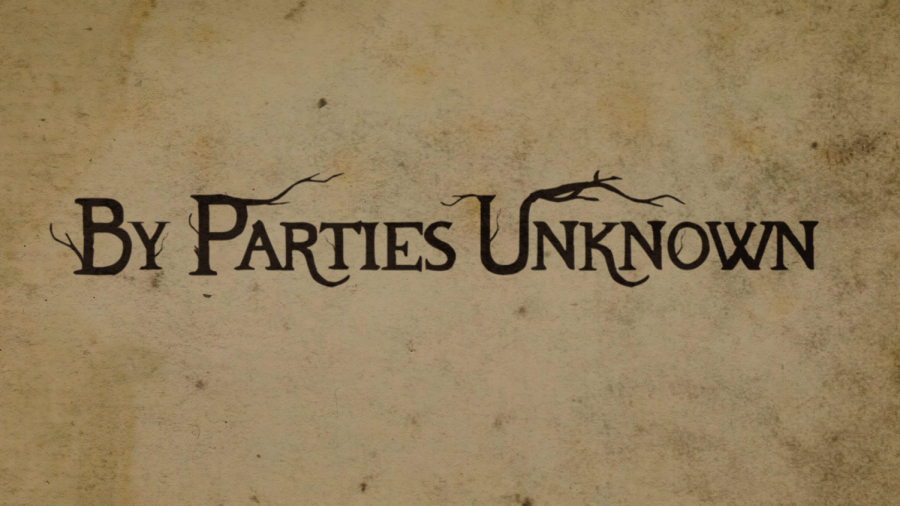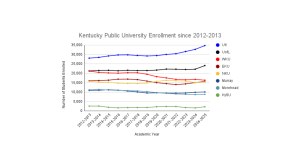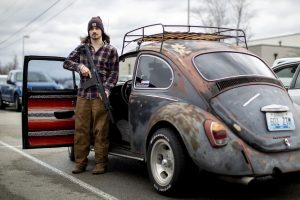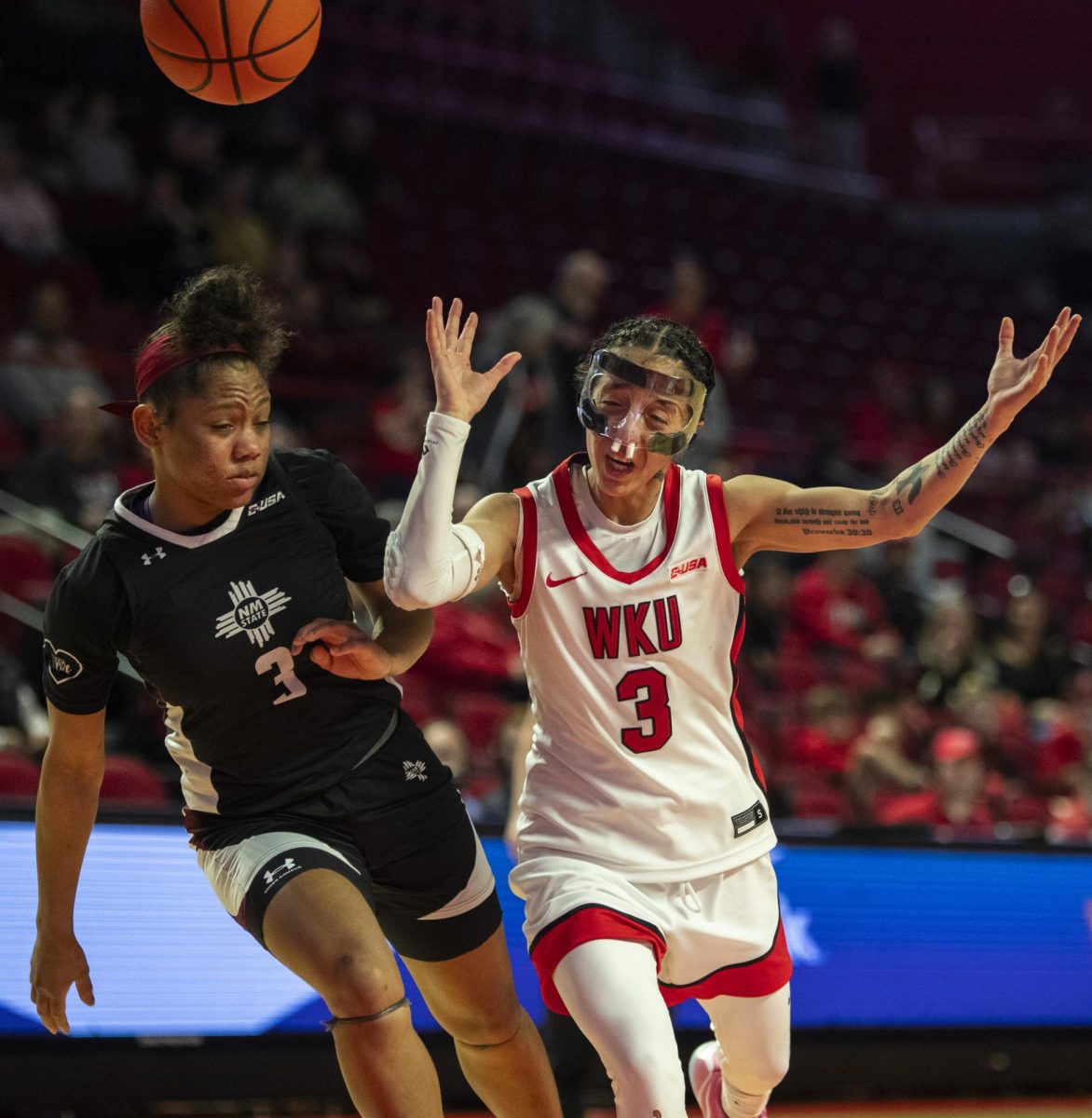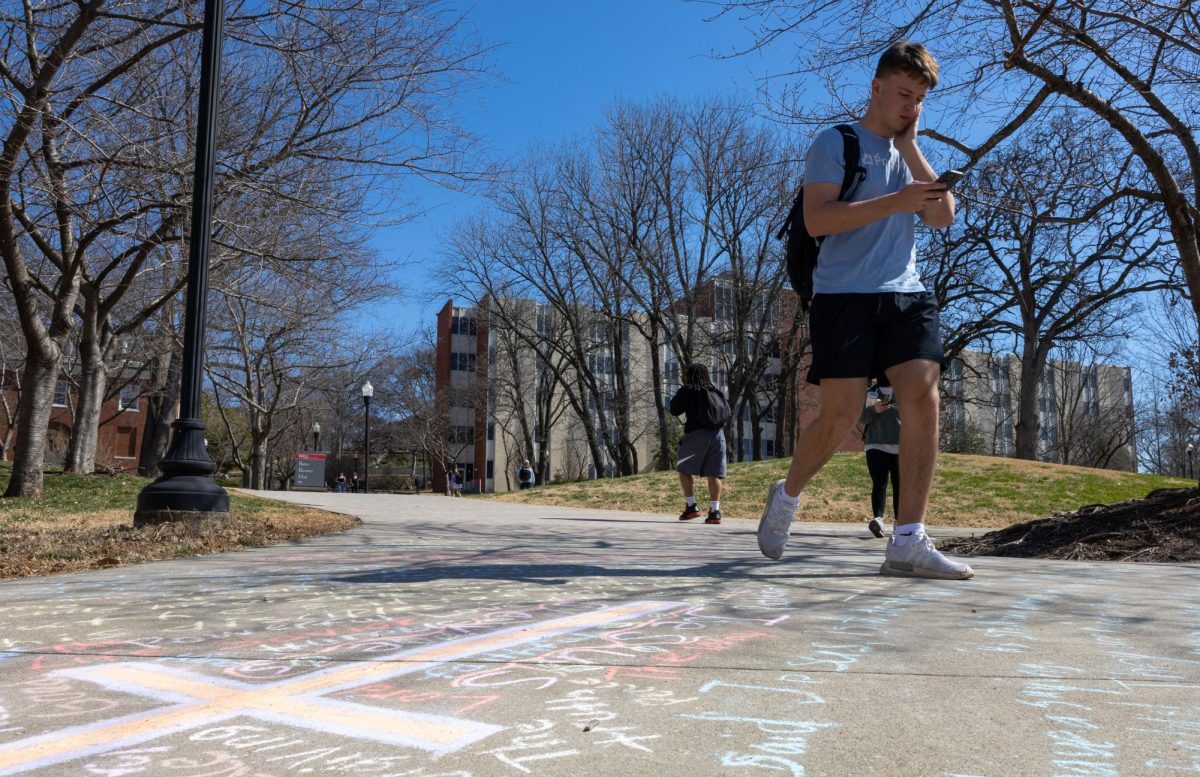Student-made lynching documentary to air at Capitol Arts Center
September 8, 2022
A student-assisted documentary telling the story of a lynching in Russellville was released by WKU’s PBS earlier this semester and is airing at the Capitol Arts Center on Sept. 10.
Joshua Niedwick, producer and director at WKU PBS, said the 90 minute film, titled By Parties Unknown, took roughly four years and around 15 students to produce.
“This started in 2017, I think, it was the summer that the Equal Justice Initiative launched the National Memorial for Peace and Justice,” Niedwick said.
The memorial started in 2018 with the goal to help spread awareness on racial issues, like lynching and Jim Crow laws. Each memorial statue has names of lynching victims engraved on them as well as where lynchings occurred. Niedwick said communities are encouraged to claim the one belonging to them.
Michael Morrow, Executive Director of the SEEK Museum (Struggles for Emancipation and Equality in Kentucky), was in the process of claiming a memorial when Niedwick reached out to him.
“We went to Russellville and met with Michael [Morrow] and he was like, ‘well first you’ve got to know the story of Rufus Browder,’” Niedwick said. “So he began to tell us this story of Rufus Browder, and as he’s telling us this story…we’re looking at each other like, ‘holy smokes, this is the story’.”
The documentary follows the story of Rufus Browder, an African American who, in 1908, killed a white man named James Cunningham in Russellville over an apparent dispute of wages.
“[The documentary] looks at the history and culture of lynching through the lens of this particular attack,” Niedwick said.
Niedwick said an angry mob formed in Bowling Green so Browder was moved to Louisville by order of a court. Even though the story follows Browder’s legal battles, the documentary also focuses on four men who were lynched in Russellville when the mob could not get to Browder.
“Several other individuals connected to Rufus end up getting arrested for various reasons, all of which were very, very minor,” Niedwick said. “While they are waiting for Rufus’ trial, the mob storms the jail and pulls these four men out and lynches them in proxy of Rufus.”
One man, John Boyer, was his brother-in-law. Two others, John Jones and Virgil Jones, were arrested in connection with their lodge membership and Joe Riley, the last man, was random, Niedwick said.
“Those four men are lynched because the mob couldn’t get to Rufus,” Niedwick said.
According to Niedwick, the documentary is told through the eyes of Morrow, who learned about Browder and the four men while helping a lady move when he was 11 years old.
“He has kind of, since then, made it his mission to foster the stories and other stories like this,” Niedwick said.
Niedwick said the documentary may be hard for people to watch at part as it deals with such serious subject matter, but it’s important to tell these stories to “foster the conversation.”
“The ultimate goal of the project is do a community viewing…do a Q&A that’s not just about the documentary itself, but allowing the audience to ask questions about lynching itself,” Niedwick said. “This documentary is not about making an accusation, as much as just ‘here is the reality.’”
Though the documentary has already aired on PBS’s station, it is being shown again at 6 p.m. on Saturday at the Capitol Arts Center in downtown Bowling Green.
The event is free to the public, but Niedwick said roughly 160 tickets have already been reserved through the Capitol.
Among those to be present at the Q&A following the viewing will be Niedwick, Morrow and Saundra Ardrey, a political science professor at WKU.
The full trailer can be viewed here.
Administration reporter Michael Crimmins can be reached at [email protected].


